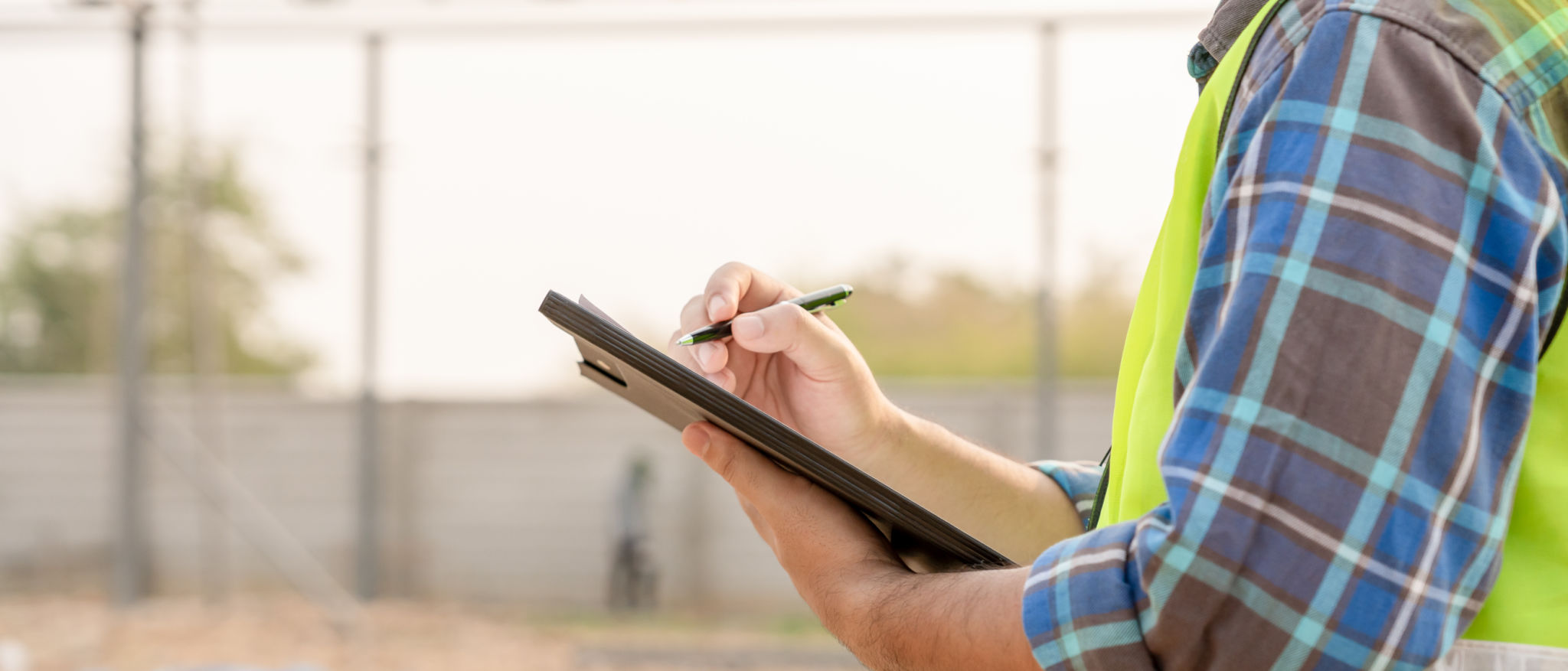Property Inspection: Why It Matters for Landlords and Tenants
Introduction: What Is a Property Inspection?

As someone who's worked closely with rental properties, I’ve seen how property inspections can truly make or break the landlord-tenant relationship. A property inspection is a documented walkthrough of a rental unit that captures the condition of each room and item at a specific point in time. It often includes photographs, checklists, notes, and sometimes video evidence.
It may sound like a routine formality, but I can tell you from experience—it’s anything but. A proper inspection serves as protection for both parties. When done right, it creates a shared understanding and a neutral record of the property's condition. This is especially important when disputes arise around damage, repairs, or deposit deductions.
In this post, I’ll break down what’s included in a property inspection, how often landlords should carry them out, and why it’s a vital part of managing rentals ethically and efficiently.
What Does a Property Inspection Include?

A thorough property inspection should capture all visible and reportable conditions of:
- Walls, ceilings, and floors: Look for marks, cracks, damp, or damage.
- Windows and doors: Are they clean, working properly, and secure?
- Fixtures and fittings: Light switches, plug sockets, curtain rods, etc.
- Appliances: Oven, washing machine, fridge—are they functional and clean?
- Smoke and CO alarms: Are they present, working, and properly placed?
- Bathroom and kitchen: Mold, leaks, taps, grout, and general cleanliness.
- Exterior: Gardens, driveways, garages, and fences if applicable.
- Each item is documented with its condition (e.g., “good,” “fair,” “damaged”) along with notes, photos, and any action needed.
Why Property Inspections Are So Important
1. Preventing Disputes
One of the most common disagreements between tenants and landlords is over deposit deductions. A good inspection, especially at check-in and check-out, creates a clear record that can be referred back to. It removes emotion from the equation and offers proof in black and white (or full color, thanks to photos).
2. Supporting Fair Repairs and Maintenance
Regular inspections help landlords stay on top of wear and tear before issues escalate. For example, catching early signs of damp, leaking taps, or mold growth allows for timely repairs and avoids expensive fixes later on.
Tenants benefit too. They know the landlord is proactive and they’re not being blamed for pre-existing problems.
3. Legal Protection
In some cases, disputes go beyond private conversations and enter the courtroom or tenancy deposit scheme adjudication. If that happens, an inspection report with photos and timestamps becomes your strongest legal defense.
4. Building Trust and Transparency
When inspections are carried out respectfully and consistently, tenants see that the landlord is invested in maintaining the property. This strengthens trust and can actually extend tenancies, reduce void periods, and encourage better care of the home.
How Often Should a Landlord Inspect a Property?

There’s no strict law on frequency in the UK, but best practice is:
- At move-in (check-in report)
- Mid-term inspections every 3 to 6 months
- At move-out (check-out report)
Each inspection should be agreed upon in writing, with at least 24 hours’ notice given to the tenant. Make sure it's scheduled respectfully to avoid disturbing their peace and privacy.
Digital vs. Manual Inspections
These days, inspections can be done digitally using software like InventoryBase, Kaptur, or No Letting Go. This not only speeds up the process but allows for consistent formatting, real-time uploads, and signed digital copies shared with both parties.
But whether you use a clipboard or an app, the key is consistency and clarity.
My Personal Take on Inspections
I’ve witnessed both sides of this process. I’ve had landlords who thought inspections were a waste of time—until a tenant left early, claiming they caused no damage. Without a check-in report, they lost most of their deposit claim. On the flip side, I’ve seen tenants wrongly blamed for damage that was clearly pre-existing, all because no formal inspection had been done.
When you record everything up front, with honesty and detail, you create peace of mind for everyone involved. No grey areas. No second-guessing. Just facts.
Common Property Inspection Mistakes to Avoid
Skipping photographs
Not documenting odours, leaks, or sounds
Rushing the inspection
Being inconsistent across reports
Failing to get tenant sign-off on reports
Inspections aren’t just paperwork. They are evidence.
Helpful Quote on Accountability
"What gets measured gets managed." — By Peter Drucker
→ A property inspection is your measuring stick for the home’s condition.
Final Thought: Peace of Mind Is Worth the Effort
Property inspections are more than ticking boxes—they’re about protecting your investment and keeping relationships fair and respectful. When done right, they prevent disputes, reduce stress, and create a clear path for resolving issues before they grow.
If you’re a landlord, consider inspections as part of your core business practices. And if you’re a tenant, know that inspections protect you too.
